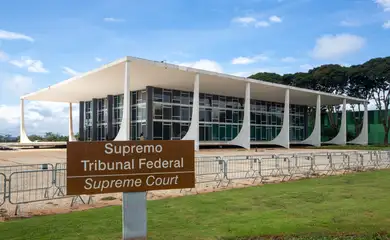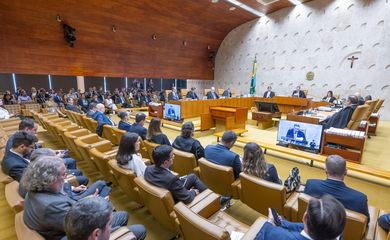Brazil's Supreme Court upholds ruling on personal marijuana use

Brazil's Federal Supreme Court has unanimously upheld the decision decriminalizing marijuana possession for personal use, setting the 40-gram limit to distinguish users from traffickers.

The issue was judged during the virtual plenary session, which concluded on Friday (Feb. 14). Appeals filed by the Public Defender's Office and the São Paulo Public Prosecutor's Office to clarify the outcome of the trial, finalized in July last year, were ultimately rejected.
All justices followed the vote of the rapporteur, Gilmar Mendes, who initially voted to reject the appeals at the start of the virtual trial.
Possession not legalized
The Supreme Court's decision does not legalize marijuana possession. Possession for personal use remains illegal, and smoking in public places is still prohibited.
The Supreme Court ruled on the constitutionality of Article 28 of the 2006 Drug Law, which differentiates users from traffickers and permits alternative penalties, including community service, drug education warnings, and mandatory educational courses.
The Court upheld the rule's validity but determined that the consequences are administrative, meaning the option for community service is no longer applicable.
The warning and mandatory educational courses were upheld and should be applied by the courts in administrative proceedings, without criminal consequences. The decision also stated that possessing and carrying up to six female marijuana plants results in no criminal repercussions.
A user can still be classified as a dealer, even with small amounts of marijuana, if police or judicial authorities find evidence of drug sales, such as scales or accounting records.







